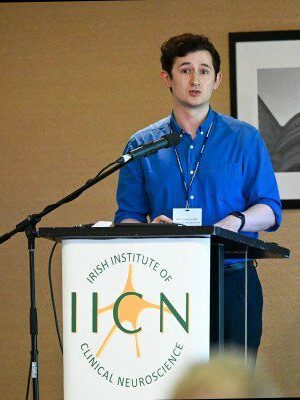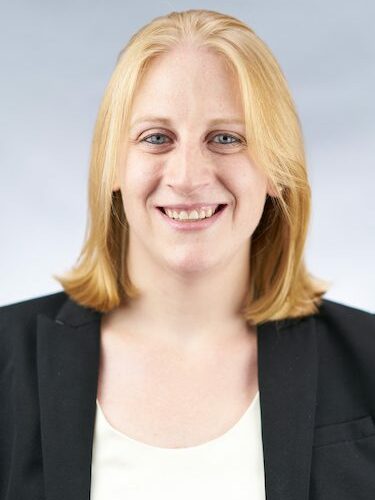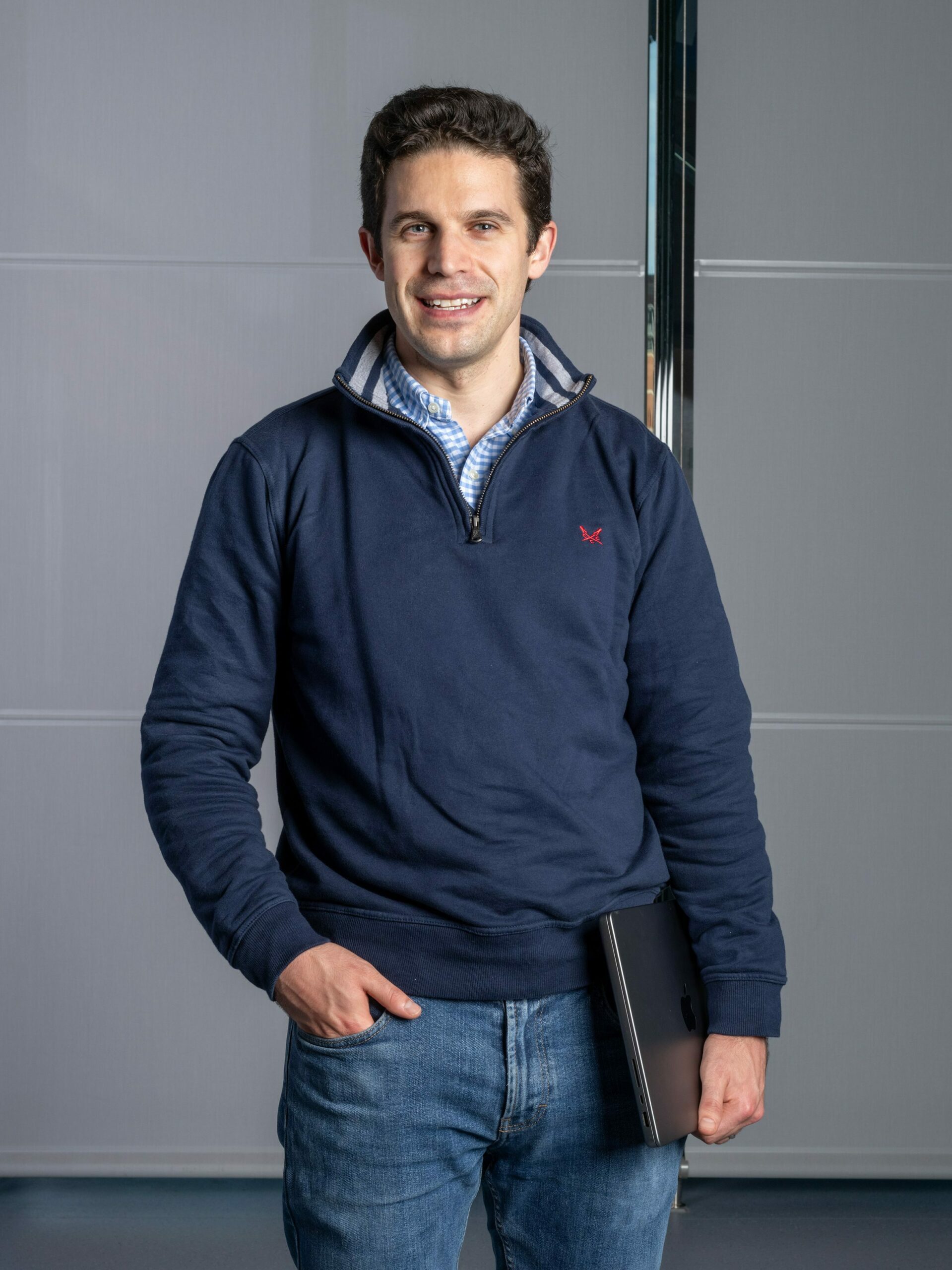We are thrilled to announce the recipients of our latest round of funding through our Neurology Resident Grants Program. This initiative supports innovative research projects from early-stage clinician scientists that aim to advance therapeutic and biomarker development for amyotrophic lateral sclerosis (ALS). Below, we highlight the outstanding residents whose projects have been selected for funding.
About Our Neurology Resident Grants
Our Neurology Resident Grants Program is designed to provide financial support to neurology residents engaged in groundbreaking research. The goal is to foster the development of new diagnostics, therapeutics, and treatment approaches for ALS. The grant application review process is rigorous, ensuring that only the most promising and impactful projects are selected.
Key Objectives of the Program:
- Support innovative research: Funding is provided for research projects that offer novel insights and potential breakthroughs in the field of neurology.
- Promote collaboration: Encouraging collaboration between residents and leading experts in the field to enhance the quality and impact of research.
- Advance clinical practice: Aiming to translate research findings into practical applications that improve patient care and treatment outcomes.
- Nurture talented individuals: Recognizing and supporting promising young researchers who demonstrate exceptional potential for long-term contributions to the field. Our fellowship programs often prioritize the development of these individuals, ensuring they have the resources and opportunities to embark on successful careers and make significant advancements over the coming decades, beyond the scope of their initial projects.
About our Review Process
At Target ALS, we hold fairness and transparency paramount in our review process. The Target ALS Independent Review Committee (IRC) makes all research funding decisions without involvement from the organization’s staff or leadership, ensuring every application receives a fair evaluation. The IRC is comprised of experts across scientific disciplines from both industry and academia, reflecting the evolving nature of ALS research. To avoid any possible conflicts of interest, no member of the IRC can apply for or receive Target ALS funding for their own work. Additionally, we do not prescribe the number of grants that can be awarded in each funding cycle, allowing the IRC to select the best applications for funding without external limits.
For more detailed information about the grants and the application process, please visit our Neurology Resident Grants Program page.
Meet the 2024 Grant Recipients
Dr. Robert McFarlane, Trinity College Dublin
Project Title: Multimodal Machine Learning: Disentangling Disease Heterogeneity and Enhancing Clinical Understanding
Project Summary: ALS (Amyotrophic Lateral Sclerosis) is a highly heterogeneous disorder, making it challenging to predict patient progression. Despite the abundance of patient data collected internationally over many years, clinical evaluation alone often falls short in discerning detailed patient sub-cohorts. Dr. Robert McFarlane‘s project leverages machine learning techniques to identify sub-populations of ALS patients with shared biological characteristics. By developing these data-driven sub-cohorts, he aims to facilitate targeted drug development and create “digital twins” with the ultimate goal of optimizing clinical trial recruitment and outcomes.

Dr. Sarah Smith, Brigham & Women’s Hospital, Harvard Medical School
Project Title: TDP-43 Seed Amplification Assays for Diagnosing ALS
Project Summary: A significant challenge in treating ALS effectively is the lack of reliable biomarkers— measurable markers of disease that are critical for diagnosis, disease monitoring, and treatment evaluation. Dr. Sarah Smith‘s project aims to address this gap by focusing on the protein TDP-43, which misfolds and accumulates in the brain, spinal cord, and cerebrospinal fluid (CSF) of ALS patients. By utilizing seed amplification assays, a technique already in clinical use for other misfolded proteins, she aims to develop a biomarker for detecting TDP-43 in CSF and blood. This advancement could pave the way for more effective clinical trials and treatments, similar to breakthroughs seen in other neurodegenerative diseases like Alzheimer’s.

Dr. Oliver Ziff, University College London
Project Title: Longitudinal Whole-Body Muscle MRI as a Biomarker for Disease Progression and Therapeutic Development in ALS
Project Summary: Dr. Oliver Ziff‘s research focuses on using whole-body muscle MRI to track muscle changes over time in ALS patients. By studying these changes, his project aims to enhance diagnostic accuracy and improve our understanding of disease progression. Collaborating with muscle imaging experts, this research seeks to identify effective treatments and ultimately improve the lives of those living with ALS. The detailed understanding gained from this project is expected to lead to better monitoring of ALS progression and assessment of therapeutic interventions.

These projects were selected for their innovative approaches and potential to significantly advance our understanding and treatment of ALS. We are excited to support these talented researchers and look forward to the impact their work will have on the field.
For more information about our grants and the application process, please visit our Neurology Resident Grants Program page.
Thank you to all the applicants for their dedication and hard work. Together, we are making strides towards better treatments to make ALS a manageable disease, realizing our vision of a world where everyone lives.





